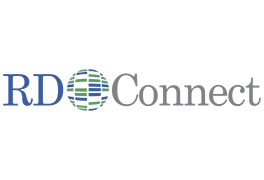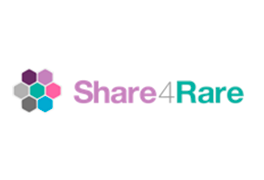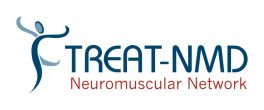Neuromuscular Summer School 2018 - Report
The first Neuromuscular Translational Summer School was devised and developed by Professor Annemieke Aartsma-Rus (LUMC, Netherlands and Newcastle University, UK), Silvere van der Maarel, (LUMC, Netherlands) and Dr Teresinha Evangelista (Newcastle University, UK) to address the specific aspects of the established translational pathway in clinical trials. Fourteen experts from across Europe helped deliver this ground-breaking course which took place in Newcastle, UK 2-6 July 2018. The fifteen attendees of this week-long course came from many varied backgrounds within the neuromuscular community including researchers, clinicians, patient registry curators and the pharmaceutical industry. This mix of backgrounds enabled many fruitful and meaningful discussions to take place in a dynamic yet fully inclusive environment. 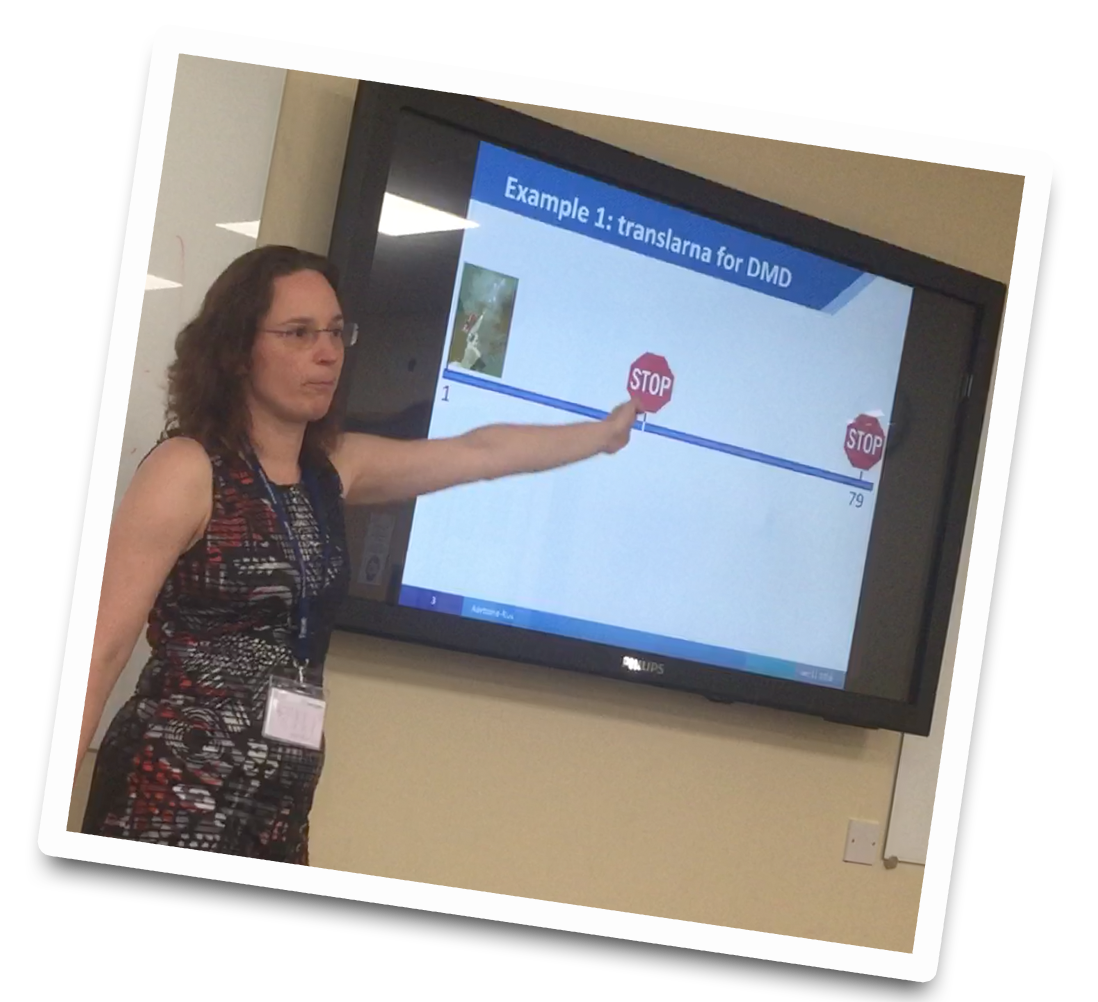
The course was split into three sessions with the first entitled “Translational Lifecyle”. Annemieke Aartsma-Rus provided an all-important overview of the translational pathway from bench to bedside and served as a foundation on which the rest of the course was built. Following this, Professor Volker Straub (John Walton Muscular Dystrophy Research Centre, UK) discussed the benefits standardizing studies preclinical research environment. Violeta Stoyanova-Benninska then demonstrated to the school how the regulatory system works.
The first day then concluded with a mock TACT review. Established in 2010 the TREAT-NMD Advisory Committee for Therapeutics (TACT) has offered world-leading advice on over 50 therapy development programmes from industry and academia. Attendees took part in a lively and topical debate touching upon the use of MRI and other procedures in a hypothetical drug review scenario which was chaired and co-chaired by Annemieke Aartsma-Rus and Cathy Turner (Newcastle University, UK). Session two called “Clinical Trials”, started with Dr Michela Guglieri (Newcastle University, UK) discussing the ‘tools of the trade’ needed to ensure a clinical trial is conducted successfully. The value of developing and using meaningful outcome measures was then discussed by Dr Anna Mayhew, (Newcastle University, UK) and this was followed by an ‘outcome measures showcase’. The TREAT-NMD tools for trial readiness were presented by Becca Leary (EURO-NMD Project Manager) and the value of patient registries were made apparent when working in the field of rare diseases. 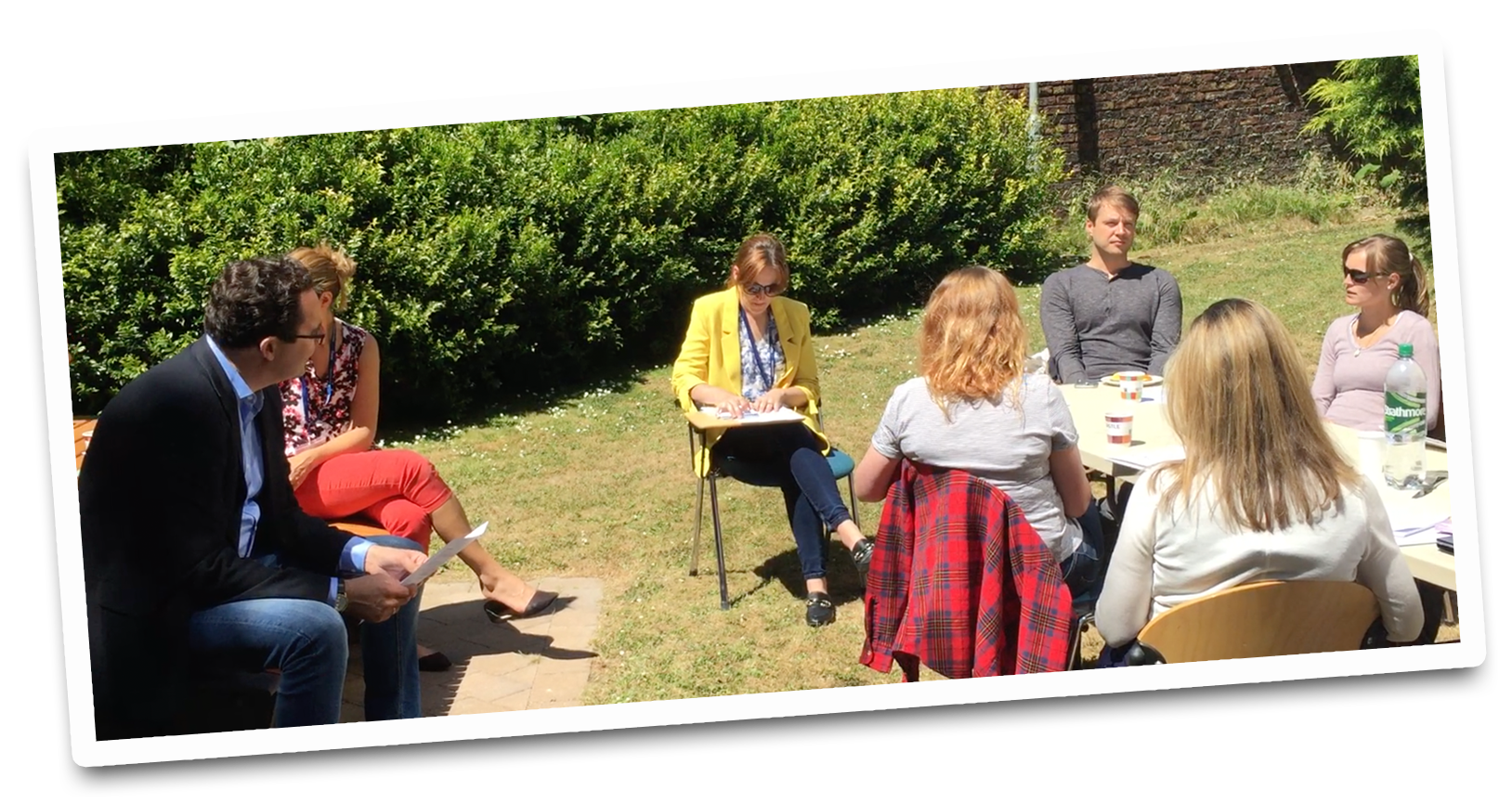
The ethical discussion and role play session facilitated by Silvere van der Maarel, (LUMC, Netherlands) and Becca Leary (Newcastle University, UK) saw attendees discuss the role of children’s participation in a fictitious clinical trial from various standpoints including those of parents, clinicians and researchers with the aim of trying to find a working consensus.
Pietro Spitali (LUMC, Netherlands) introduced attendees to the world of biomarkers, highlighting the different types and demonstrating their benefits and established usage in real world scenarios. Digging deeper into biomarkers, Roberto Fernandez Torron (Newcastle University, UK) touched upon the current practical applications of MRI as a biomarker in trials, current problems encountered and how technology is being developed to overcome them. The validity and robustness of patient reported outcome measurers was presented by Professor Nathalie Goemans (Universitaire Ziekenhuizen Leuven, Belgium) and provided a comprehensive overview of the range of PROMS (Patient reported outcome measures) available, detailing the advantages and limitations of each measure. Ria Broekgaarden (Spierziekten, Netherlands) discussed what happens to a drug once it has been approved by the EMA and how its marketing happens on a member state level leading to variations across the EU. Ria then discussed the role of patient organisations in research specifically highlighting their role in the development and curation of patient registries. The day concluded with Teresinha Evangelista and Tiago Gomes (Newcastle University, UK) discussing the day to day practicalities that need to be considered when designing and setting up a clinical trial. 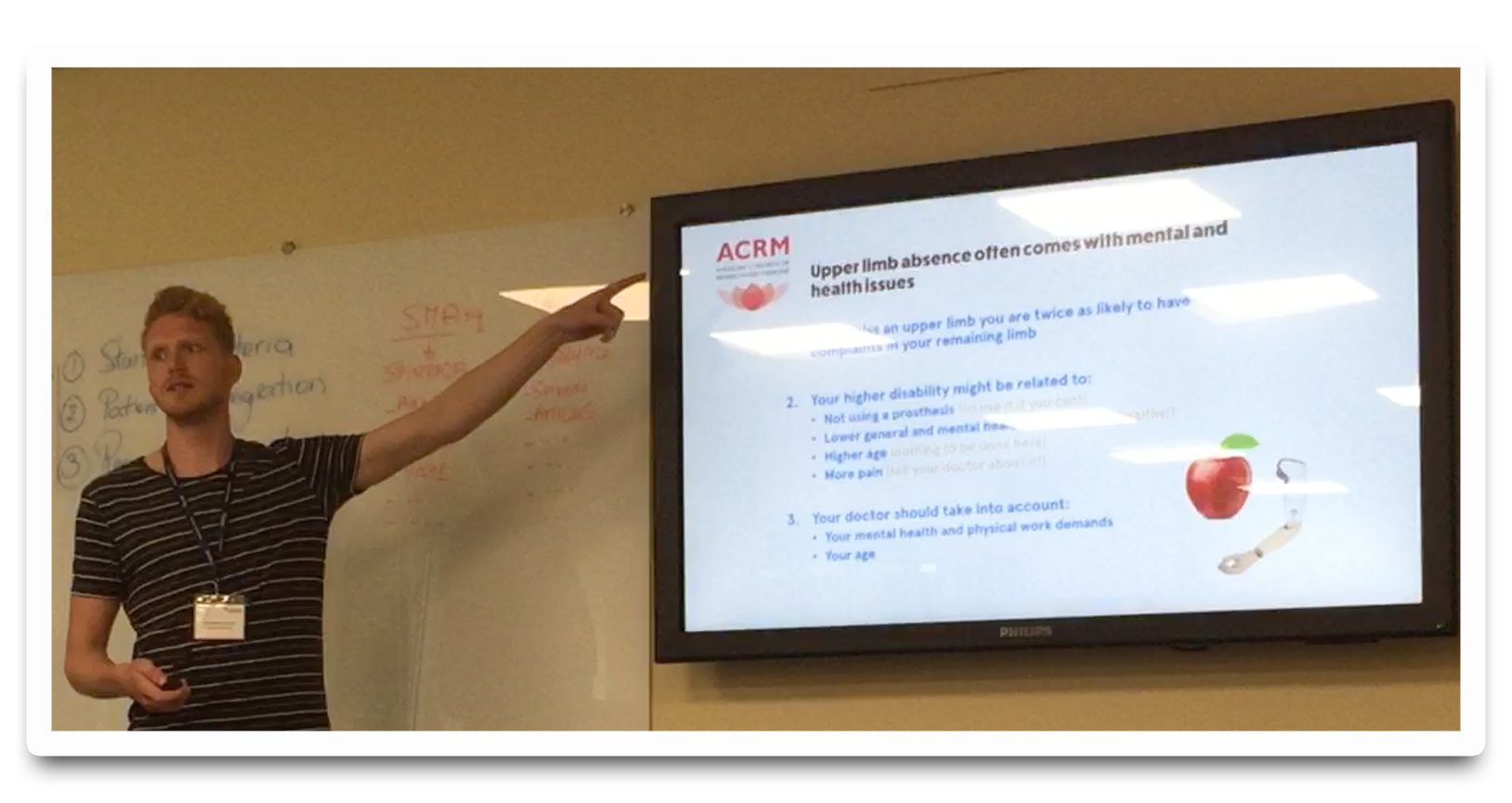 The third and final “Patient Communication Workshop” session was facilitated by behavioural scientists Stan Veldkamp and Mats Postema (Pennock & Postema, Netherlands) who worked with the group to challenge preconceived ideas by understanding the brain’s unconscious processes, how to critically analyse what they are looking at and how to get this right message across to the audience. The third and final “Patient Communication Workshop” session was facilitated by behavioural scientists Stan Veldkamp and Mats Postema (Pennock & Postema, Netherlands) who worked with the group to challenge preconceived ideas by understanding the brain’s unconscious processes, how to critically analyse what they are looking at and how to get this right message across to the audience.
To wrap up the week-long course attendees were asked to deliver a short presentation recalling their experience of the week, what they felt they had learned and what they would like to find out more about. 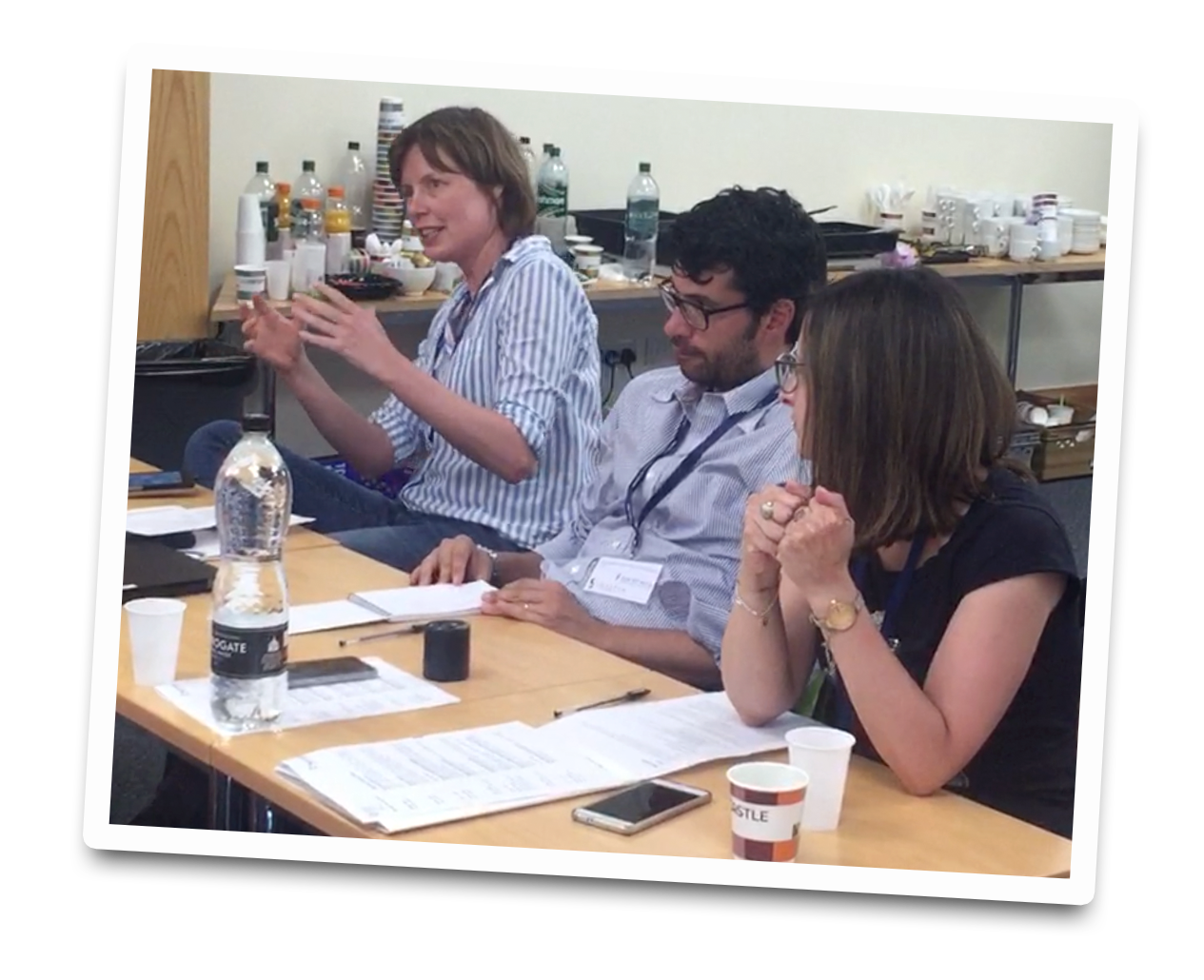 Upon completion attendees provided the organisers with feedback about the course. Their comments will be acted upon in the planning of next year’s Summer School which will take place in Leiden, Netherlands. Upon completion attendees provided the organisers with feedback about the course. Their comments will be acted upon in the planning of next year’s Summer School which will take place in Leiden, Netherlands.
To ensure that attendees receive a high-quality experience numbers will be restricted, further details about the confirmed date and how to register for the 2019 Summer School will be announce in the EURO-NMD and TREAT-NMD newsletters in due course.
|
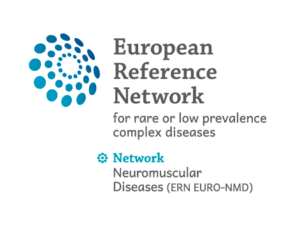
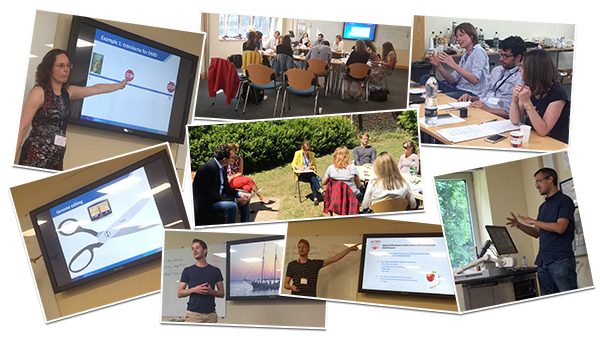
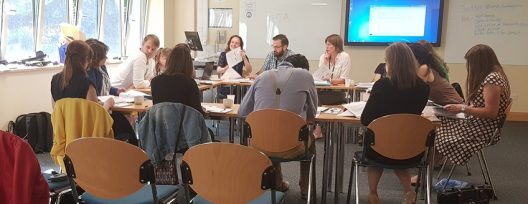


 The third and final “Patient Communication Workshop” session was facilitated by behavioural scientists Stan Veldkamp and Mats Postema (Pennock & Postema, Netherlands) who worked with the group to challenge preconceived ideas by understanding the brain’s unconscious processes, how to critically analyse what they are looking at and how to get this right message across to the audience.
The third and final “Patient Communication Workshop” session was facilitated by behavioural scientists Stan Veldkamp and Mats Postema (Pennock & Postema, Netherlands) who worked with the group to challenge preconceived ideas by understanding the brain’s unconscious processes, how to critically analyse what they are looking at and how to get this right message across to the audience. Upon completion attendees provided the organisers with feedback about the course. Their comments will be acted upon in the planning of next year’s Summer School which will take place in Leiden, Netherlands.
Upon completion attendees provided the organisers with feedback about the course. Their comments will be acted upon in the planning of next year’s Summer School which will take place in Leiden, Netherlands.